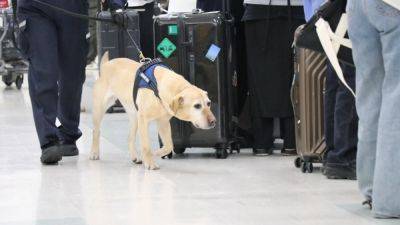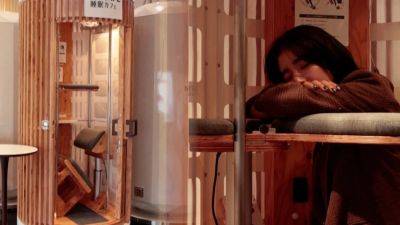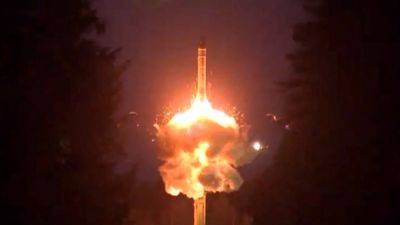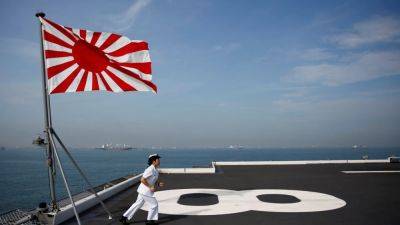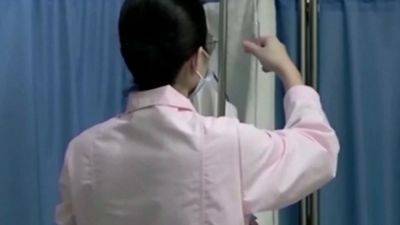In Japan, thousands of dementia patients go missing every year – but AI could soon help find them
Ridgelinez, a subsidiary of technology giant Fujitsu Ltd, is partnering with the Osaka-based National Cerebral and Cardiovascular Centre Hospital and Noel, a Nagoya-based developer of AI solutions, on the project. The group started trials last month.
Fujitsu’s human-motion sensing technology is being used by Ridgelinez to create a new algorithm that “scans and identifies the gait of elderly people suffering from dementia”, a spokesman for the company told This Week in Asia.
02:51
Japan’s population falls rapidly in 2023, losing the equivalent of San Francisco
Studies have shown that dementia patients tend to drag their feet or take noticeably shorter steps. The technology identifies such walking patterns as well as the movements of around 20 other parts of the body, including the head and knees.
Deployed via security cameras in public places and shops, the system will allow authorities or carers to locate people who have wandered off from their homes or care facilities and potentially track their movements until they can be located.
“The application of technologies like AI and advanced 3D sensing will play an important part in realising a society in which people with dementia can enjoy greater independence in their daily lives, without sacrificing their dignity or privacy,” said the Ridgelinez spokesman, who declined to be named.
“Ridgelinez is also conducting research in rule-making to ensure a robust ethical framework for new solutions and real-world implementation of the technology.”
He added that the developers are aiming to introduce the system around 2028, with further tests in a public environment expected to be conducted by 2027.
The motion-sensing technology began life as a Fujitsu system co-developed with the


